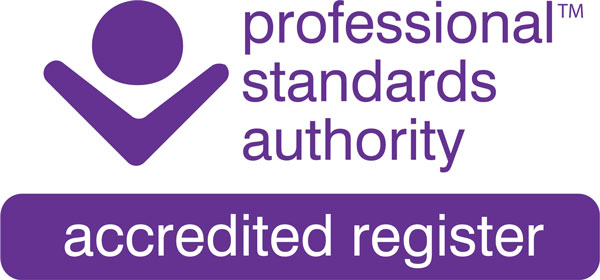What causes anger and how to deal with it
Anger is an aroused state in which someone’s attention is focused on a potential threat (whether real or imagined) and their body responds by getting ready to run or fight.
Adrenaline and other stress hormones course through the body; heart rate and blood pressure rise; breathing gets faster; blood is diverted from the organs to the muscles; and the whole organism gets ready for action.
At the same time, thinking becomes more primitive and common sense disappears. It is a primal, energised state, similar in many ways to sexual arousal, so it can be quite addictive.
Why combat anger?
Many angry people will die before their time of cardiovascular complications brought on by ongoing high levels of physiological and emotional arousal. Life may be dangerous and unpleasant, for themselves, their relatives and friends and the people they meet. Indeed, the rising levels of angry behaviour in society are making whole communities more stressful, intimidating and depressing places to be.
What can be done?
The first step is to find out what is causing the angry behaviour. Anger doesn’t come out of nowhere; it is a response to something that is happened or perceived as happening.
So, what is triggering it? Is it caused by an unconscious ‘pattern match’ to some previous traumatic event, which needs detraumatising? Or a conditioned response that needs to be re-evaluated? Or emotional needs not being met? A human givens therapist will establish this and use their varied therapeutic toolbox to help, whatever the cause. For instance, they may use guided imagery to help an angry person learn how to manage emotional states better, guiding them to rehearse staying calm in situations which previously caused angry outbursts.
How can people become calmer overall?
It is not just those who react angrily to what is happening around them who benefit from learning how to lower emotional arousal, we all can.
Reducing or cutting out over-stimulation from television, smartphones, computer games, drugs, and other unbalancing elements of our modern lifestyles will help lower stress and over-arousal, as will improved sleep, learning calming techniques and more effective ways of responding to stressful situations. Those who regularly relax tend to have fewer illnesses and live longer and happier lives. And reducing stress by attending to unmet emotional needs has a profound effect on mood and general wellbeing. (For a fuller explanation see ‘what are the human givens?’)
To find out whether the way you live is making you angry, nervous or sad, why not take the ENA questionnaire — it could change your life.
Self-help
There are many things that people can do to help themselves if they suffer from anger outbursts or excessive rage. If that is you or someone you know, you can find much useful information in the best-selling book Release from Anger: Practical help for controlling unreasonable rage and audio download, Effective Anger Management, by Joe Griffin and Ivan Tyrrell.
Professional help
If, however, you feel that you would benefit from extra help to overcome your own anger issues, you might like to seek the help of someone trained in effective psychotherapy, who can help you lift it, whatever the cause. Please visit our page on effective psychotherapy for more information and guidance about choosing a therapist. Human givens therapists are all trained in helping with anger (see the HGI’s Register of HGI approved human givens practitioners).
Further learning
Human Givens College offers a variety of related courses, we have included some useful courses on trauma here too as this can be related to some anger outbursts.
Online courses:
Effective Anger Management – an online course with Joe Griffin that counts towards the Human Givens Diploma
Understanding Trauma – with Ros Townsend.
Understanding and treating addiction – with Joe Griffin.
Live online courses:
How to work effectively with troubled teenagers
Trauma: Patterns of the past – an indepth look at the causes, symptoms and best ways to treat trauma and PTSD, a live workshop with Ros Townsend.
Please note: the above courses are not a substitute for individual therapy

